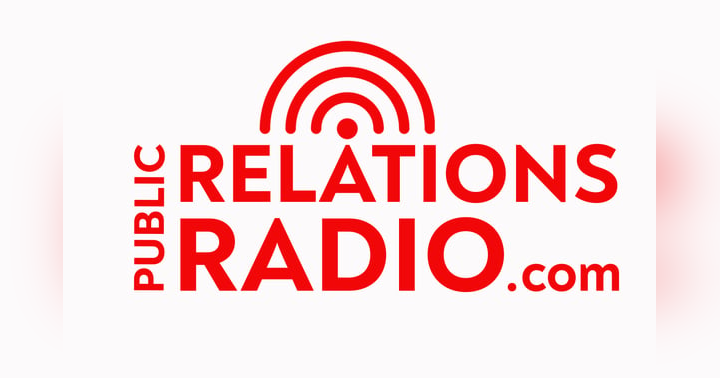Choosing the Best COVID Vaccine Messenger

Across the nation, media campaigns urging people to wear masks, maintain distance, wash their hands, and get the COVID-19 vaccine are popping up on broadcast airwaves. Many of them feature top officials. As encouraging as it is to have the support of key leaders in this fight to crush the novel coronavirus, they may not be the most effective messengers for tough-to-reach audiences.
When creating campaigns urging people to change their behavior, it is absolutely vital to identify the messengers who’ll best motivate the target public. Success relies a great deal on these messengers’ ability to make genuine connections with their audiences.
Entities that make cars, sell internet service, market computers, and operate sports leagues all have done their own campaigns pleading with people to follow public health recommendations. But one that does a good job matching messengers with the audience is a simple effort launched months ago by programmers for Sirius XM’s Classic Rewind music channel.
The station feeds non-stop classic rock hits to satellite radio subscribers. The format fills a niche, and, presumably, speaks to one as well – Baby Boomers and Gen Xers who love bands like Boston, KISS, and Bob Seger, among others.
How did this radio channel promote public health guidelines? By asking many of these musicians, themselves in the highest risk groups and revered by audiences who may be wary of government advice and vaccines, to talk about the virus and the importance of healthy behaviors.
Sting, whose real name is Gordon Sumner, explained to fans why they need to wear masks. A member of the band KISS can be heard talking about how inconvenient, but important, the guidance is for ending the pandemic. Brian May from Queen recorded a personal message too. These are among the musical heroes of a generation whose messages resonate with the channel’s listeners.
The point here is not to test your knowledge of classic rock musicians, but to emphasize the importance of matching the messenger to the audience. If your audience has particular concerns or shares challenges, it would be vital that your campaign messengers have these things in common with those you’re hoping will act.
Very few government officials possess true celebrity status among the masses. So rather than taking the easy, or sometimes obligatory, path of recording a PSA with an official who is excited to help but will struggle to connect with those most impacted, find messengers who represent and know the audience. Spotlight those who’ve walked in the shoes of the communities that need convincing. Use spokespeople who directly serve vulnerable audiences, or that are themselves affected. Give volume to voices that are credible with those whose lives depend on their embrace of public health entreaties.
Need examples? Your best messengers are all around you, hidden in plain sight. Consider a pastor, a community physician, a staunch food-bank volunteer, a former homeless person turned advocate, or one who suffered inequities but now uses the experience to encourage and empower others. Choose one of these messengers or use them all.
Finding the best messengers is mostly about knowing your audiences, but also about having the courage to highlight the people once you find them. Because there’s only so much campaign money available to make television or radio PSAs, you might find yourself having to explain why the boss is being replaced with a local community clinic nurse. The answer is easy, even if the conversation is not.
Vaccine messaging campaigns, critical in the fight to save lives, are now in the works across the country. Many of these outreach drives will feature leaders who’ll have a tough time connecting with audiences. But those that commit to spokespeople who share intimate experiences with the audiences, have lived their concerns, come from the impacted communities, or are closest to those at risk are the campaigns that will move public opinion and help defeat the virus.
By Robert Johnson, Strategic Communications Officer, Riester Public Affairs, Washington, D.C.






